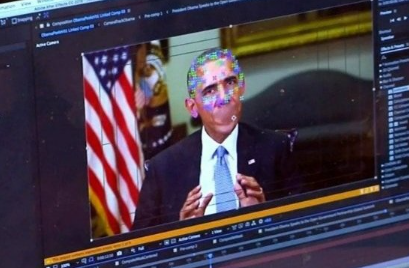Misinformation vs. disinformation: What the terms mean and the effects they have
Misinformation causes some to skip vital vaccines. Not 105-year-old Don Robinson of Kentucky. Here, he receives the second round of vaccinations for COVID-19 at Norton Audubon Hospital from April Israel, RN. Robinson was 3 years old when the Spanish Flu killed 675,000 people in the U.S. Photo by Michael Clevenger, Courier Journal via USA TODAY NETWORK
USA Today
Loose lips sink ships − especially when they're not telling the truth. Spotting misinformation can be difficult, especially on an information super-highway like the internet. Our Fact-Check team at USA TODAY is constantly finding both misinformation and disinformation.
At its most harmless, misinformation can be like a game of telephone: A group of once-true statements scrambled up and taken out of context giving readers a tinged version of the facts. At itsworst though misinformation − and its ugly friend disinformation − can radicalize those that consume it, or trick them into believing harmful mistruths about anything from medicine to politics.
Here's how you can better understand misinformation, disinformation, fake news, and everything in between.
RELATED STORIES FROM THE INTEGRITY PROJECT




